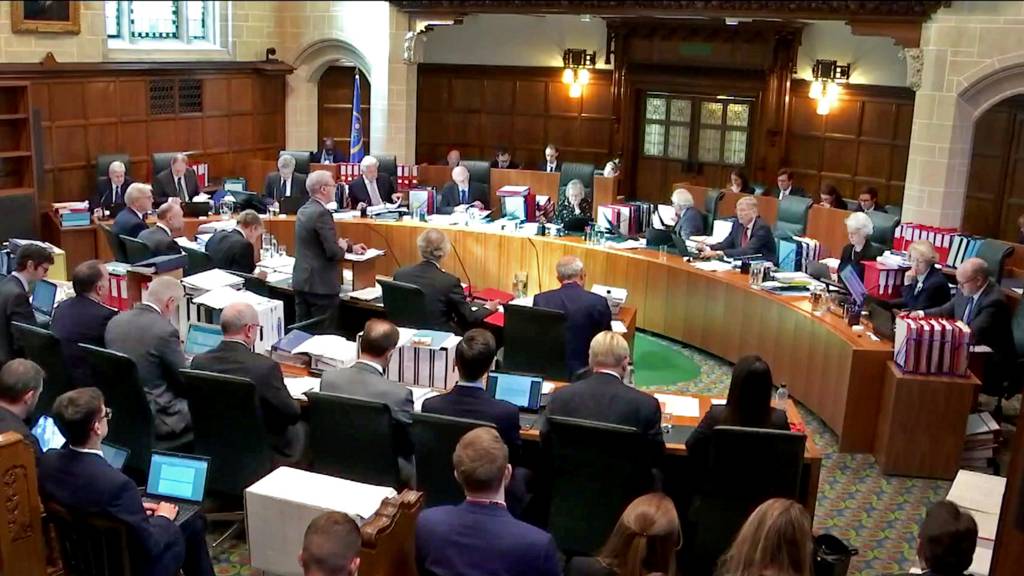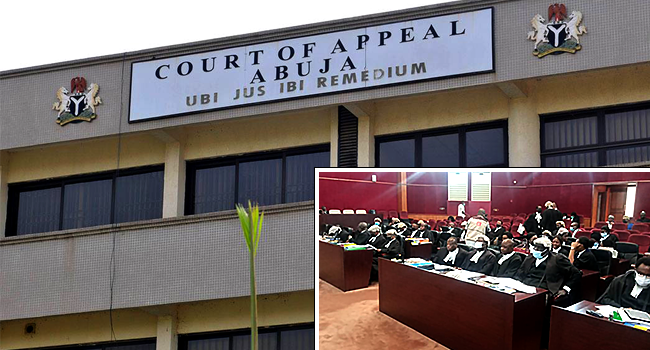The Business and Property Courts of England and Wales, situated in London, is poised to deliver a pivotal verdict on Nigeria’s case contesting an $11 billion arbitration award in favour of Process & Industrial Development Ltd. (P&ID).
The judgement, scheduled for tomorrow and presided over by Justice Robin Knowles, holds significant implications for the nation. At the heart of the matter is whether Nigeria bears responsibility for paying the substantial sum, which P&ID claims as compensation for an alleged breach of a gas contract.
The dispute’s origins trace back to a purported 2010 contract between the Federal Government and the Ministry of Petroleum Resources, with P&ID accusing Nigeria of reneging on their agreement to establish and operate a gas processing facility in Calabar.
The initial arbitration award, issued by a separate London court, amounted to $6.6 billion in January 2017. With the addition of interest, it has since surged to $11.4 billion.
Nigeria vehemently contests the award and contends that the contract was conceived through deceit and manipulation instigated by P&ID. The government’s legal representatives assert that certain government officials were bribed by P&ID to secure the contract while ensuring that Nigeria would not vehemently contest the arbitration.
In a significant development in September 2020, the English High Court opined that there was a “strong prima facie case” that the contract had been procured through bribes and that P&ID’s principal witness had provided false testimony during the arbitration.
Nigeria presented banking records from New York showing fund transfers to Nigerian government officials by entities purportedly linked to P&ID, along with evidence of substantial, unexplained cash withdrawals from a P&ID-affiliated entity’s Nigerian bank account around the time of the contract’s signing.
Based on these findings, the case has advanced to a full hearing in the Business and Property Courts to determine the validity of the award.
The core of Nigeria’s argument is rooted in the terms of the contract, where it was to supply natural gas at no cost to P&ID’s facility while the company was to handle the construction and operation of the facility, including processing the gas to remove natural gas liquids, at no expense to Nigeria.
The contract was contested unsolicited, without a formal tender process, and assigned arbitration jurisdiction to London, despite being governed by Nigerian law.
The judgement, set to be delivered in London, carries substantial weight for both the Nigerian government and P&ID, with potential repercussions for international business and arbitration standards. As the world watches, the outcome of this case will significantly impact the future of such contract disputes.





